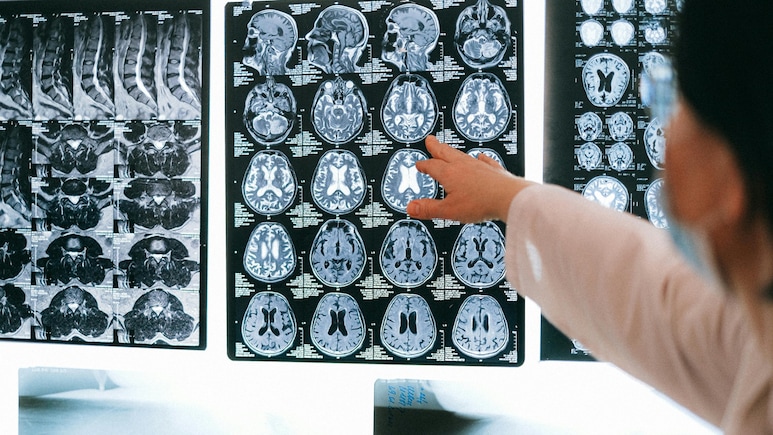
A recent WHO Global Status Report reveals that over 40% of the world's population is dealing with neurological conditions. Given India's diverse demographics and high disease burden, the chances that you or a loved one will need a neurologist are alarmingly high.
The reality is stark: millions of Indians are developing serious brain and nerve conditions, yet access to the essential, specialized care they need is virtually non-existent outside major cities. This growing gap is a public health emergency that needs immediate attention.
Keep reading to understand the true scale of India's neurological healthcare deficit.
Key Findings: WHO Report On Neurological Issues
One of the most alarming comparative statistics revealed in the report is that India faces a neurologist-to-patient ratio that is up to 80 times worse than high-income nations. This extreme problem is not just a statistical gap, it is creating a 'Neurology Desert'. This is failing millions of Indians with treatable or manageable brain disorders.
The WHO report states that there is stark disparity between neurologist-to-patient ration in low-income versus high-income countries. Reality of the Indian healthcare system is the lack of specialization in treating neurological issues. There is a stark geographical inequity as most neurologists are clustered in metro cities like Delhi, Mumbai, Bengaluru. While the rural population is left with virtually no access. Its important to note that there is a 'trickle-down effect': lack of specialist's force patients to consult general physicians or even unqualified local practitioners for treating complex conditions like epilepsy or Parkinson's disease. Resulting in improper treatment and worse patient outcomes.
Another key finding of the report is the lack of essential healthcare services: dedicated stroke units and specialised Pediatric Neurology and Rehabilitation services. The dedicated stroke units are crucial for a timely intervention and prevent long-lasting irreversible side-effects from a stroke event.
WHO Report: Diabetes And Stroke Meet Neurology
The hidden ticking time bomb revealed in the report is the inclusion of Diabetic Neuropathy in the list of the top ten neurological conditions. As India is the 'diabetes capital of the world', it's not a surprise that the demographic where uncontrolled diabetes epidemic is a leading cause of developing neurological issues. This will inevitably translate into a massive wave of long-term neurological disability from nerve damage to cognitive impairment.
Another leading cause of death as per the report is stroke. Being the second leading cause of death globally and in India, it's becoming alarmingly common. The lack of neurologists and stroke units in India are to blame. As manageable medical emergency turns into a death sentence or a severe, life-long disability for most people.
The Policy And Funding Gap
The WHO finding indicates that only 32% of member states have a national policy. While only 18% have dedicated funding for neurological disorders. There is a lack of dedicated and unified national strategy in India leads to problems. Whereas fragmented, under-resourced schemes that fail to address lifelong care and support causes gaps in healthcare. The report states that there is a clear lack of support for informal carers who are often women who bear the load. In addition, they face significant social and financial strain as managing lifelong neurological conditions in tedious and complex.
Towards a National Brain Health Mission
The WHO recommends that there is a growing need to prioritize policy to expand access to universal healthcare. This includes complete health coverage and strengthening data systems to keep up with the influx of patients. The Indian government and health ministries need to implement a 'National Brain Health Mission' to offer support. There is a need to increase training and incentives to serve in rural areas. And integrate basic neurological screening and primary care training at the Primary Health Centre (PHC) level.
This report emphasizing that ignoring the WHO report will deepen the health inequalities and lead to a preventable public health disaster. In addition, this will cost India, not just lives but also its economic future. Due to a massive productivity loss arising from a rise in disability from delayed treatment and improper health infrastructure.
Disclaimer: This content including advice provides generic information only. It is in no way a substitute for a qualified medical opinion. Always consult a specialist or your own doctor for more information. NDTV does not claim responsibility for this information.
Reference:
1. WHO Global Status Report ( News Medical)
Track Latest News Live on NDTV.com and get news updates from India and around the world

